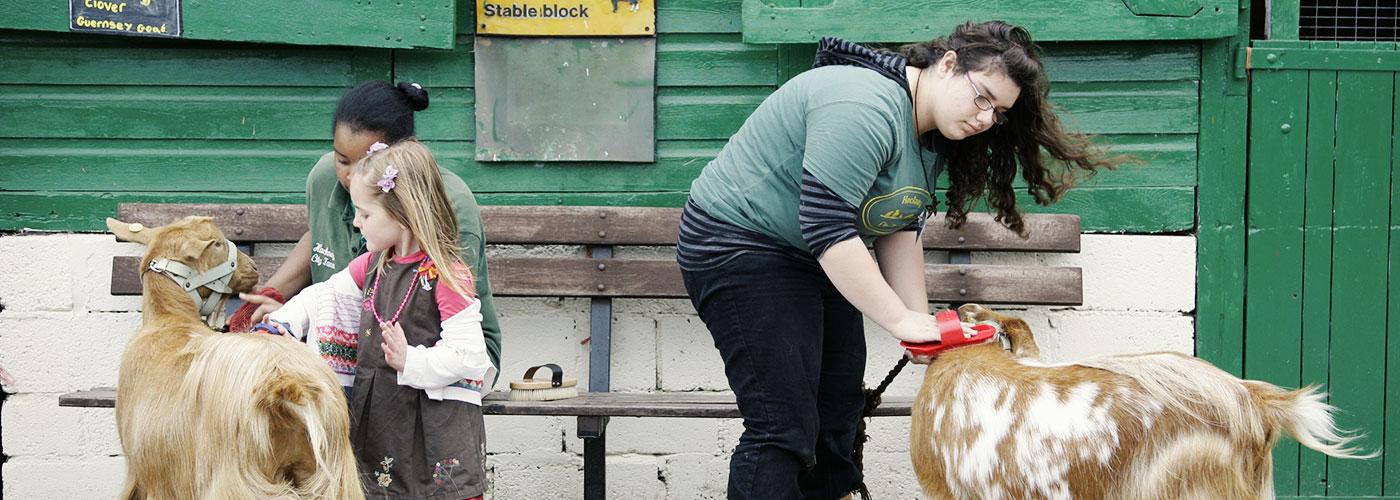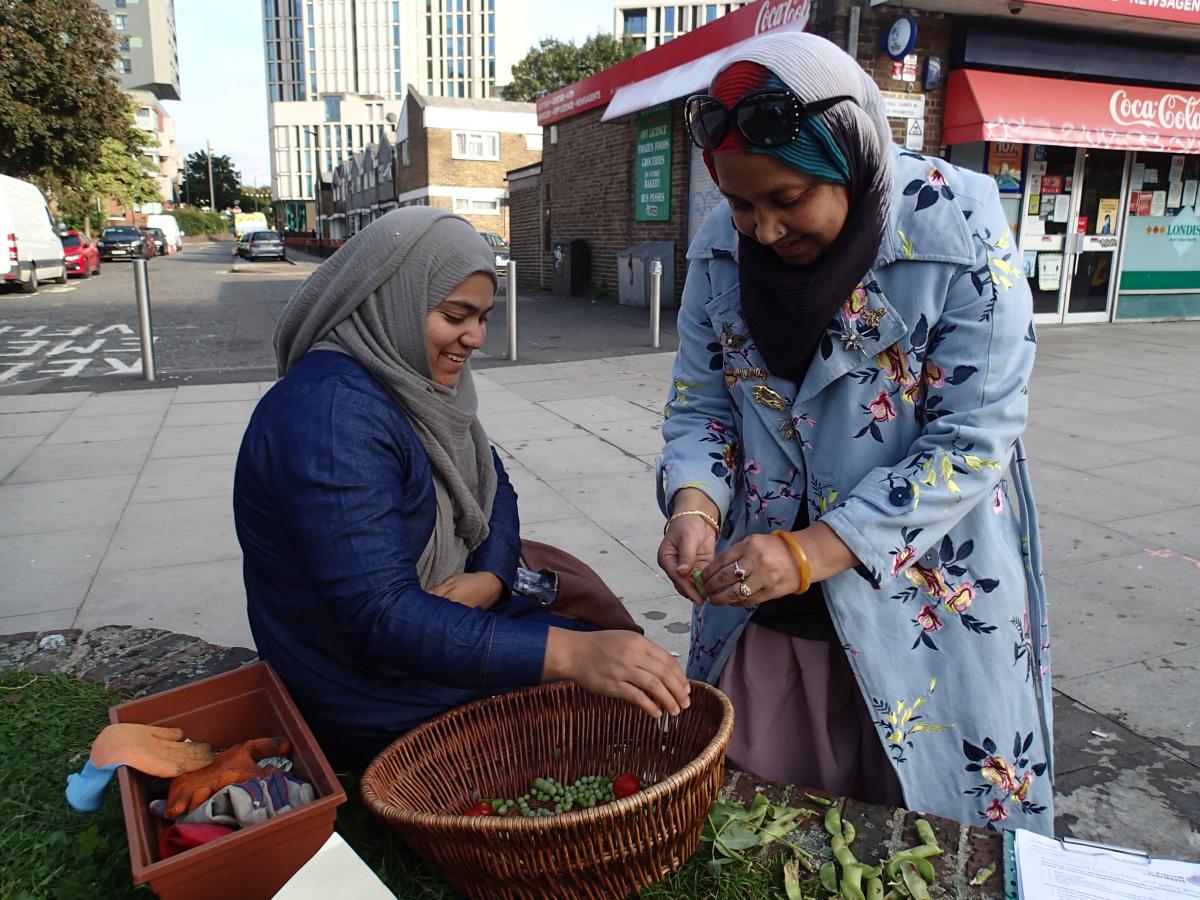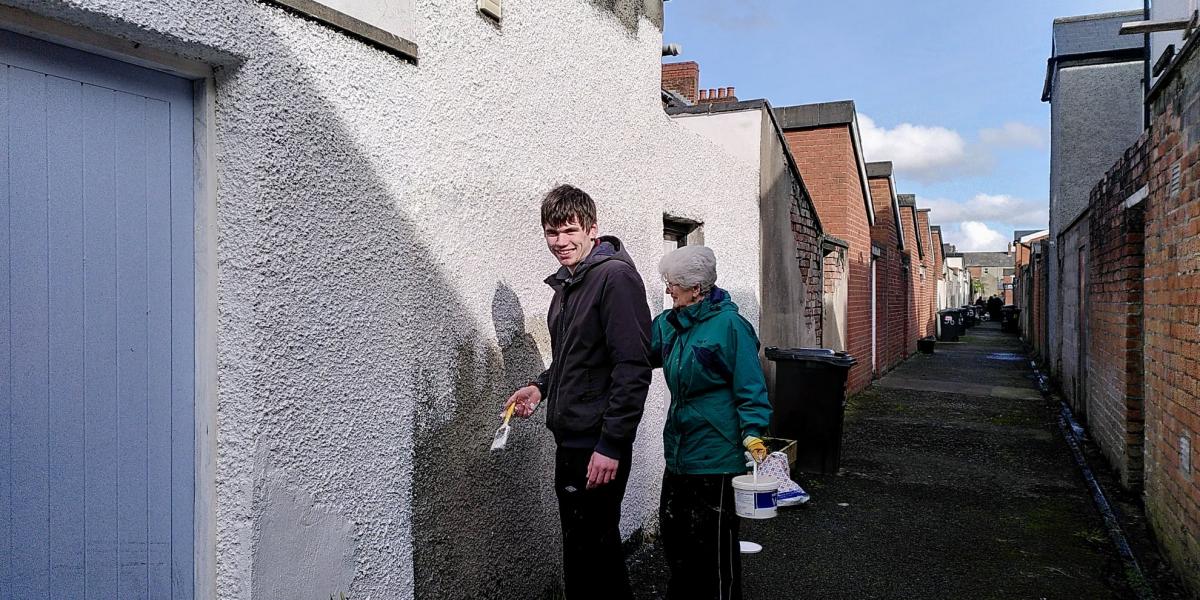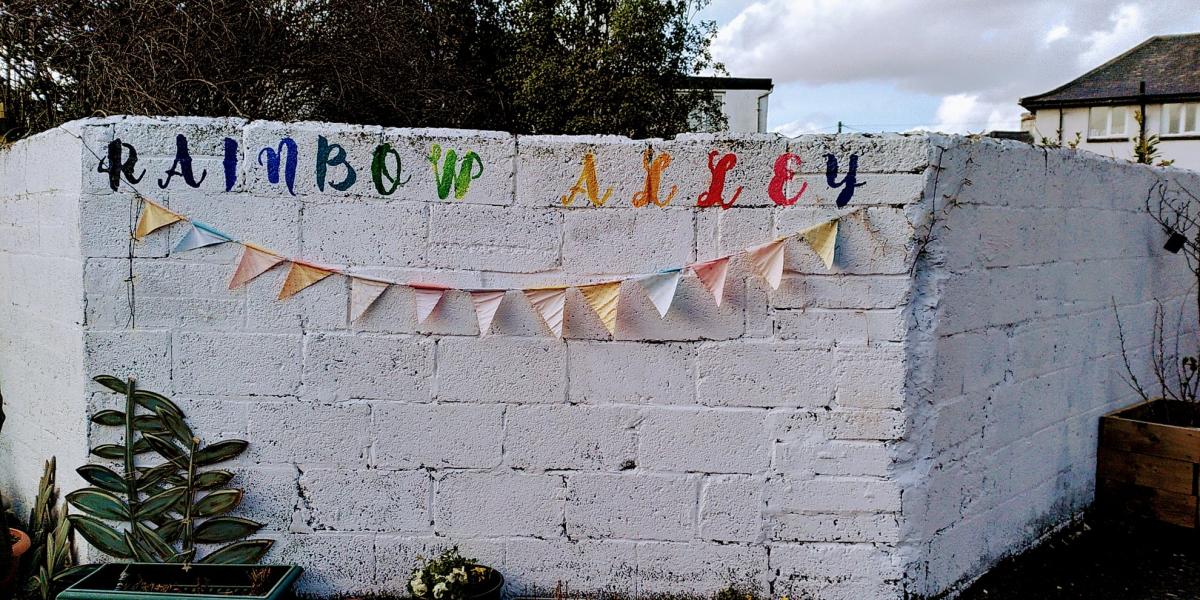A new report produced by FCFCG shows that involvement in community growing can act as a ‘powerful tool’ to help vulnerable people, bring communities together and encourage people to adopt greener and healthier behaviours.
FCFCG has produced a learning report tracking the progress of...









